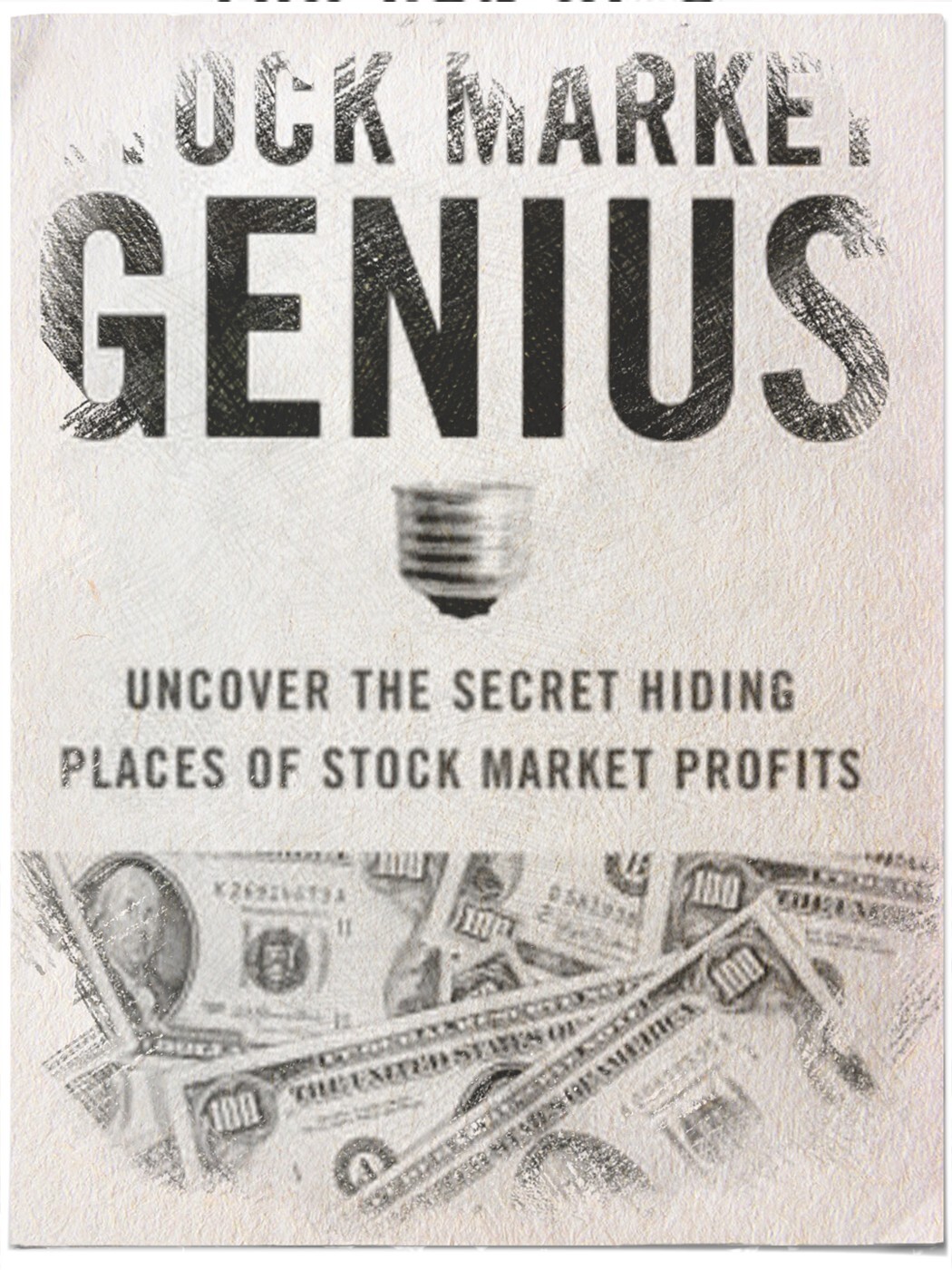I bet you across mind or put some money into stocks during covid-19 and hoping to get some return in the market. Some do good and some do not do good. Nonetheless, I want you to think about how you trade/invest without losing money in the most brutal money game in the world. What chance do you have for success when you are up against an army of billion-dollar portfolio managers or a horde of freshly trained MBAs? Not only missing the financial and economic education but also market experience, corporate insider info, timing to buy or sell stocks, and other factors that determine the sound stock selection. Is this game fair? It is not.
The good news is that, if your goal is to beat the market, obtaining an MBA or Ph.D. from a top business school will be of virtually no help, instead of spending time and money at a business school in the single-minded quest for stock market success, it may be wise to put money in the market to aim for the average return. That would probably bring you satisfactory results in the long run. In fact, the basic premise of the most academic theory is this: It is not possible to beat the market consistently other than by luck. The theory usually referred to as the efficient-market or "Random-walk" theory, suggests that thousands of investors and analysts take in all the publicly available information on a particular company, and through their decisions to buy and sell the company's stock "correct" trading price. In effect, since stocks are more or less efficiently priced (and therefore, you cannot consistently find bargain-priced stocks), it is not possible to outperform the market averages over long periods of time.
One of the investment strategies is diversification. If you look at the well-known hedge fund or money manager portfolios, the portfolios are made up of over 200 different stocks. Intuitively, you would agree that there is an advantage to holding a diversified portfolio so that one or two unfortunate stock picks do not perform well against your research or expectation, you could prevent a big drawdown in your portfolio. On the other hand, what is the correct number of different stocks to possess in a "properly" diversified portfolio 50, 100, or even 200? It turns out that diversification protects your assets only a small portion of the overall risk of investing in the stock market. Even if you own 5,000 stocks, you would still be at risk for the up and down movement of the entire market. It cannot eliminate the market risk from just diversifying your portfolio or buying more stocks. With that being said, I want you to remember two things:
According to the accurate statistics,
1. After purchasing six or eight stocks in different industries, the benefits of adding even more stocks to your portfolio in an effort to decrease risk is small, and
2. Overall market risk will not be eliminated merely by adding more stocks to your portfolio.
Finding bargain stocks can be done if you spend your energies looking for and analyzing situations not closely followed by other informed investors, your chance of finding bargains greatly increases. The trick is locating those opportunities.
It's like the old story about the plumber who comes to your house, bangs on the pipe once, and says, "That'll be a hundred dollars."
"A hundred dollars!!" you say. "All you did was bang on the pipes once!"
"Oh no," the plumber responds. "Banging on the pipes is only five dollars." Knowing where to bang -- that's ninety-five dollars." In the stock market, knowing where to "bang" is the secret to your fortune.




